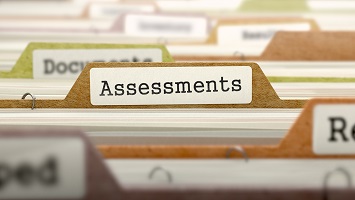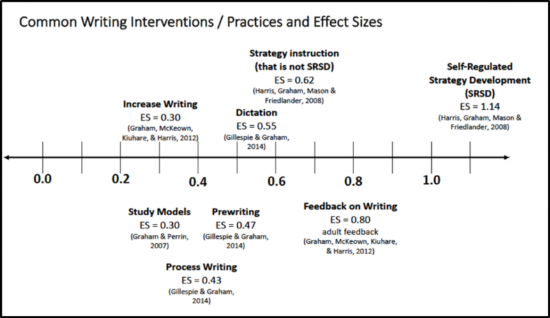This month’s Bright Spot comes from educators in Mount Vernon, Putnam Northern Westchester BOCES, Westlake, Yonkers, Mount Pleasant Cottage School, and Garrison who attended a training on Classroom Management by the RSE-TASC Behavior Specialists.
What were students with disabilities able to achieve?
Participants tried out some of the strategies they learned on the first day of training and shared the results on the second day. Here are a few examples of student impacts:
* Student engagement and on-task behavior for individual work increased measurably
* Student on-task behavior during group work increased measurably
* Students followed morning routines and independently completed morning office work in a TEACCH classroom
* Students increased on-time arrivals and preparedness
* Students participated more actively during lessons, with greater peer-to-peer accountable talk
* Students increased the frequency with which they responded to teacher questions
* Students were demonstrably more excited about conversation topics
What practices or systems made this possible?
Participants said this increase in positive classroom behaviors was directly related to their use of strategies learned in the training, including:
⇒ Provision of more frequent opportunities to respond (OTR) through the use of Turn & Talk, white boards, choral responding, thumbs up-thumbs down, and calling on non-volunteers
⇒ Frequent acknowledgement of students using “Behavior Specific Praise”
⇒ Greeting every student at the door and tracking their completion of morning routines
⇒ Use of quick frequent check-ins, like Fist to Five, to assess both interest and understanding during a lesson
What can we learn from this Bright Spot?
Good classroom management is directly aligned with the use of instructional strategies that keep students actively involved and feeling successful. When students are expected to be continually responding and demonstrating their learning, and when they are acknowledged frequently for their efforts, they are less likely to demonstrate off-task behavior.


 Data-Driven Decision-Making
Data-Driven Decision-Making  Increasing Post-School Success through Interagency Collaboration
Increasing Post-School Success through Interagency Collaboration  How Can We Improve Deeper Learning for Students with Disabilities?
How Can We Improve Deeper Learning for Students with Disabilities?  Positive Classroom Management: Creating an Environment for Learning
Positive Classroom Management: Creating an Environment for Learning  Self-Determination Skills Empower Students of All Ages
Self-Determination Skills Empower Students of All Ages  Fidelity of Implementation: What is it and Why does it Matter?
Fidelity of Implementation: What is it and Why does it Matter?  Rethinking Classroom Assessment
Rethinking Classroom Assessment  A Three-Step Approach to Identifying Developmentally Appropriate Practices
A Three-Step Approach to Identifying Developmentally Appropriate Practices  Transforming Evidence-Based Practices into Usable Innovations: A Case Study with SRSD
Transforming Evidence-Based Practices into Usable Innovations: A Case Study with SRSD